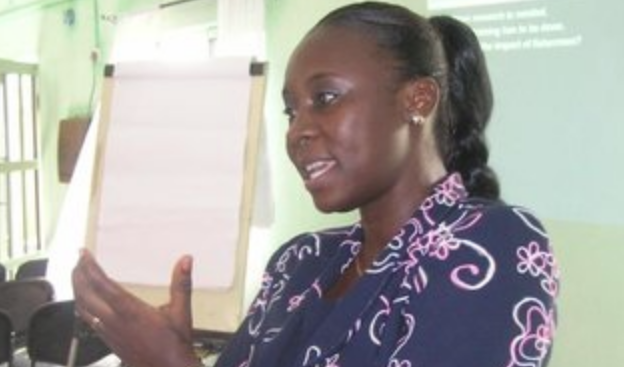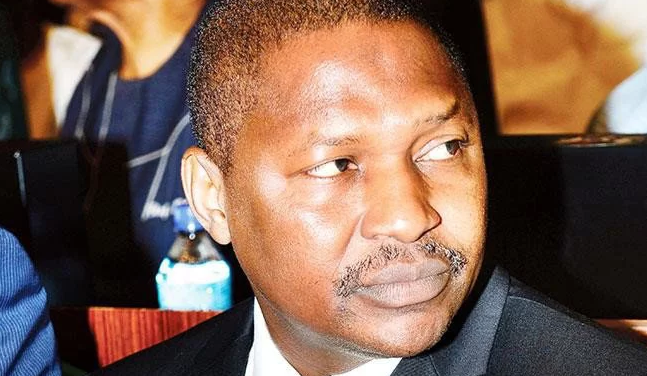Elizabeth Andrew-Essien, a professor of environmental resource management at the University of Calabar, says Nigeria is experiencing biodiversity loss as a result of the increase in population size and pollution.
Andrew-Essien spoke in an interview with TheCable on the occasion of the 2021 Biodiversity Day — the event is celebrated on May 22 of every year.
Biodiversity, which is a short form for biological and diversity, refers to all the different kind of lives that we have on earth — plants, animals, fungi, insects, micro-organisms — and the places (habitat) that they live in.
The professor noted that about “80 percent of Nigeria’s biodiversity has been lost” as a result of over-exploitation of natural resources, land encroachment, and pollution.
Advertisement
She also cited other factors causing declining biodiversity to include lack of political will as it relates to compliance, assessment and monitoring of activities on the environment.
According to Andrew-Essien, activities within the ecosystem work interchangeably and so, a loss in biodiversity will trigger climate change, while a change in climate can also result in biodiversity loss.
She said human activities such as deforestation and climate change impact such as drought, erosion, flooding lead to habitat loss which alters cycles within an environment.
Advertisement
“Biodiversity loss through deforestation will result in habitat loss and species decline and eventual extinction when measures are not put in place. Climate change alters temperature and weather patterns, giving way to unprecedented events that impact on plant and animal life. Hence, as global surface temperature increases, biological resources will decline,” she said.
“Ecological services, which living beings contribute to and benefit from when affected by climate change, result in altering natural cycles, shift of habitat ranges, as well as alter species distribution.”
She explained that continuous decline over the years has made humans more vulnerable to climate change impact.
“As the environmental degradation intensifies, remember that natural resources act as regulators. The rapid loss of these regulators enables climate change consequences to also intensify, thus intensifying human vulnerability,” Andrew-Essien said.
Advertisement
She added that “rapid population growth that triggers increased demands for natural resources, unregulated economic processes that do not consider the ‘ecological integrity’ of natural resources, profound ignorance on the role of the environment (ecosystem services)” are also among factors leading to biodiversity loss.
The professor said this year’s biodiversity day is an opportunity for individuals to address the challenges facing nature by taking responsibility towards restoring the ecosystem.
“The world biodiversity day serves as an acceptable platform to raise awareness to the issues that challenge biodiversity, and to also cause people to freely put forward innovative options to preserve the environment and its resources,” she said.
“We must, as a matter of urgency, key into this year’s theme to take personal eco-responsibility for environmental management — taking stewardship to nurture and care for our surroundings, comply with environmental laws on environmental management, stop indiscriminate waste disposal, sort your waste from home, recycle your materials, up-cycle and even reuse materials.”
Advertisement






